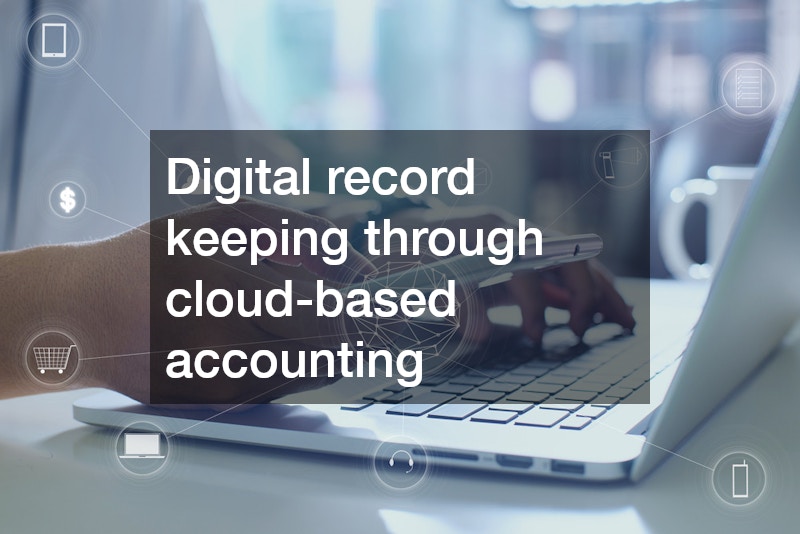
Avoid Costly Mistakes: Essential Tax Preparations for Small Businesses
Small businesses need to be savvy about their taxes to avoid costly mistakes. Proper tax preparation can not only save you money but also help you stay in compliance with the law. Explore some essential tax preparations that small businesses should consider to ensure their financial health.
Tax Deductions
One of the most effective ways to reduce your tax burden is by maximizing your tax deductions. Tax deductions directly lower your taxable income, meaning you pay less in taxes.
Small businesses often overlook many eligible deductions simply because they are unaware of what expenses qualify.
Common deductible expenses include office supplies, utilities, business travel, marketing costs, and even a portion of your home office expenses if you work from home. Additionally, don’t forget about depreciation on business assets such as equipment and vehicles. Keeping up with these deductions requires careful attention during your tax preparations.
To avoid missing out, maintain a thorough list of all business-related expenses throughout the year. Many small business owners also benefit from using accounting software that flags potential deductions automatically. This proactive approach can save you money and reduce the risk of an audit.
Record Keeping
Accurate and organized record keeping is crucial to a smooth tax season. Without proper documentation, claiming deductions and filing accurate returns becomes nearly impossible. Good record keeping ensures you have the necessary receipts, invoices, bank statements, and payroll records readily available when it’s time to file your taxes.
Set up a system to categorize and store your financial documents. Digital record keeping through cloud-based accounting platforms can simplify this process, making your documents easy to access and reducing the chance of loss or damage. Regularly reconciling your accounts also helps identify discrepancies early and keeps your records up-to-date.
Remember, the IRS recommends keeping tax records for at least three to seven years, depending on the type of document. Staying organized throughout the year is a fundamental part of efficient tax preparations and can save you time and stress when tax season arrives.
Quarterly Estimated Taxes
Many small business owners are required to pay quarterly estimated taxes throughout the year. These payments cover your income tax and self-employment tax, helping you avoid a large tax bill — and possible penalties — come April.
Estimating your tax liability quarterly is a critical aspect of tax preparations. If you expect to owe more than $1,000 in taxes for the year, the IRS generally expects you to make estimated payments every three months. Failure to do so can result in penalties and interest charges.
To accurately calculate your estimated taxes, review your projected income and deductible expenses regularly. Using accounting software or consulting a tax professional can help you stay on track. Marking these quarterly deadlines on your calendar and making timely payments protects your business from unexpected financial strain.
Hiring a Professional
Taxes can become overwhelming, especially as your business grows and tax laws become more complex. While DIY tax filing might work for some, hiring a professional accountant or tax advisor often pays off by ensuring accuracy and uncovering opportunities you might miss on your own.
A tax professional stays current with changing regulations, helps you implement tax-saving strategies, and handles complex filings such as payroll taxes and sales tax. They can also provide valuable advice on business structuring and tax planning that aligns with your long-term goals.
Another benefit of hiring a tax professional for your small business is the time savings it provides. Taxes can be time-consuming and stressful, especially for busy entrepreneurs who are trying to focus on running their businesses.
If you’re unsure about any part of your tax preparations or want to maximize your deductions while minimizing risk, investing in professional help is wise. The cost of hiring an expert is often outweighed by the savings and peace of mind they provide.
Proper tax preparation is essential for small businesses to avoid costly mistakes and ensure financial stability. It’s important to be proactive about tax preparations throughout the year, as this can help you save money, reduce stress, and stay compliant with the law. By following the tips outlined in this article and working with a tax professional, small businesses can navigate the complexities of tax preparation with confidence and ease.



